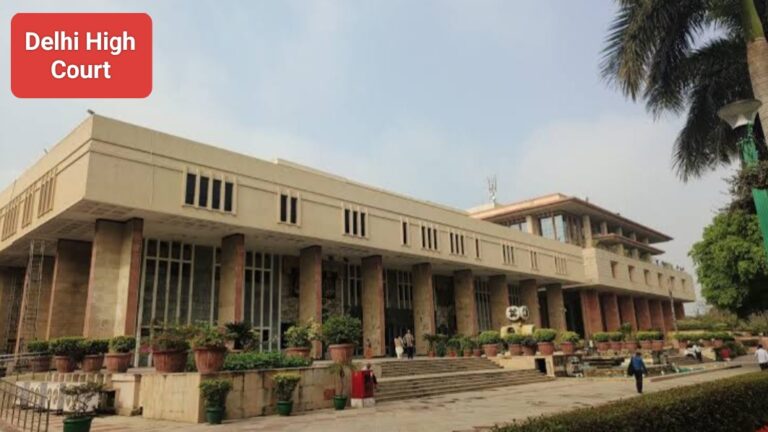Delhi High Court Ruling in case of Amir Malik vs. Commissioner of GST [W.P.(C) 13706/2024]
In a significant ruling, the Delhi High Court cancelled a show cause notice (SCN) and the subsequent order for the cancellation of GST registration in the case of Amir Malik vs. Commissioner of GST [W.P.(C) 13706/2024]. The court found that both the SCN and the final cancellation order failed to reference any specific provisions of the GST Act or GST Rules that were allegedly violated.
The Division Bench, led by Justice Yashwant Varma and Justice Ravinder Dudeja, noted that the SCN was “remarkably silent” on which specific provisions of the Goods and Services Tax (GST) laws had been breached.
Case Background
The petitioner, Amir Malik, challenged the cancellation of his GST registration, which followed the issuance of a Show Cause Notice (SCN). The SCN vaguely mentioned non-compliance but did not specify any provisions of the GST Act or Rules that were purportedly infringed upon. Unsatisfied with the vague accusations, Malik approached the Delhi High Court seeking relief.
Court’s Observations
The High Court found both the SCN and the final cancellation order to be legally deficient. The Bench emphasized that neither document cited specific provisions of the Goods and Services Tax Act, 2017, or the accompanying GST Rules that the petitioner was accused of violating.
In their judgment, the court remarked, “The SCN is gloriously silent concerning the provisions of the GST Act which are alleged to have been violated or infringed.”
Outcome
Recognizing the lack of clarity and legal backing in the SCN and the cancellation order, the Delhi High Court ruled in favour of the petitioner. It quashed both the show cause notice and the cancellation order, thereby reinstating the taxpayer’s GST registration.
This ruling serves as a crucial reminder to tax authorities to ensure transparency and proper legal reference in all notices and orders, especially concerning GST compliance.
Key Takeaways
- Legal Specificity: Authorities must provide clear references to the provisions of the law that have been violated in any notices or orders.
- Judicial Relief: The Delhi High Court reaffirmed the importance of adherence to proper legal procedures when issuing cancellation orders.
This case sets a precedent for taxpayers facing vague and unclear GST notices, reinforcing the need for transparency in the implementation of tax laws.
READ MORE
Additional FAQs on Invoice Management System (IMS) : GSTN Advisory 536 Dated 17.10.24
